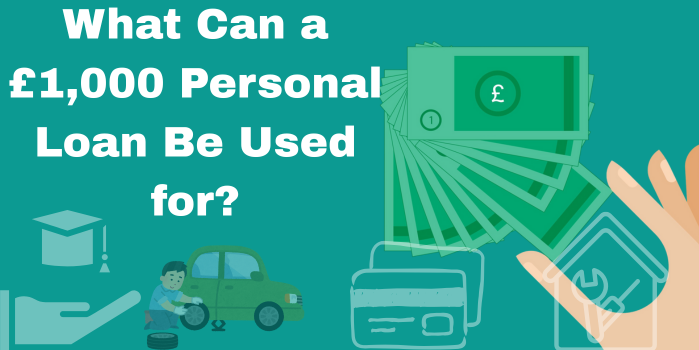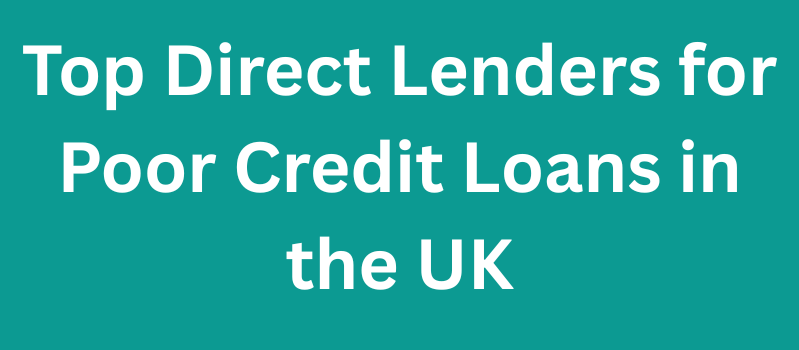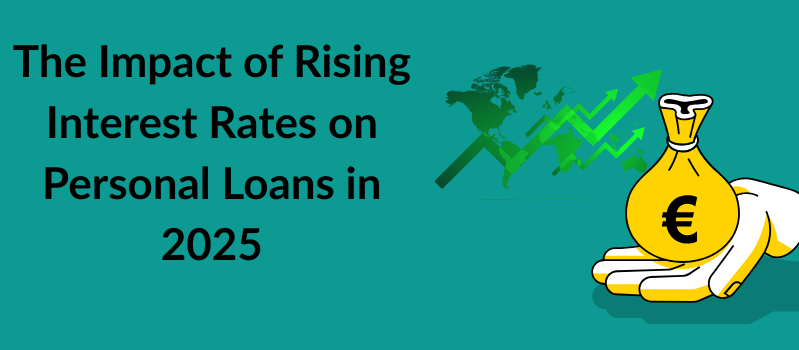
Small emergency loans come with easy approval because you may need to have funds to meet unforeseen expenses. Still, if you are looking to take out a personal loan for a large expenditure, you should carefully figure out whether the lender you are borrowing from is the right fit for you. When you need money for planned expenses, you do not have to rush. You can mindfully pick the right lender that matches your requirements.
Financial experts suggest that you must carefully research before choosing a lender. This involves knowing:
a) How much money can they lend?
b) What credit score do they accept?
c) What interest rates do they offer?
d) What would be the repayment size?
When you need money during emergencies, you might not be able to do this much intensive research, but it is enjoined when you need money to meet large expenses, you should carefully figure out whether the lender is appropriate for you or not.
Questions to ask a direct lender before borrowing
Here are the questions to ask a direct lender before borrowing:
What kinds of loans do they offer?
While you might get to know this information by visiting their website, this question should be asked because it gives you better clarity about the financial products they are offering. On a website, you might find bad credit loans and vacation loans, but both types of loans come under the category of personal loans, and vacation loans are also aimed at subprime borrowers.
Mostly, lenders categorise their loans into unsecured and secured loans. All loans, regardless of their size, are unsecured as long as they do not require collateral, but they become secured loans when collateral is put down.
The approval criteria for secured and unsecured loans vary.
What interest rates do they charge?
Interest rates vary by borrower. Your credit history and repayment capacity play a vital role in determining interest rates.
Even if your credit history is stellar, you might end up with a high interest rate. This is the case when your overall financial condition is not so strong.
If your credit history is poor, you will have to apply for bad credit loans. They charge high interest rates. Interest rates vary by lender because they have their own method to calculate the risk involved in lending you money.
In order to look for the best direct lenders for bad credit loans, you should compare interest rates. Lenders reveal the representative rate on their website, but they are just for estimation. Actual interest rates largely vary. You should ask your lender about:
The interest rates they charge
a) Processing fees
b) Upfront fees
c) Late payment fees
d) Early repayment charges
e) Closing fees
They might not be able to inform you of the actual interest rates, but they can share the fee structure. Fees from two lenders cannot be the same at all. It is likely that one charges lower than the other. In fact, some may charge upfront fees while others may not.
Are they registered?
This is the most important question when it comes to borrowing money from a direct lender. Not all lenders are registered. There are some loan sharks as well. If you throw caution to the wind, you will most likely end up borrowing from a loan shark. Make sure that you do not borrow money from a lender that is not registered.
The best way to find this out is to know their registration number.
All registered lenders reveal their registration number on their websites. You can also find these details on the FCA website. You just have to put a lender’s name in the search bar, and you will obtain all registration details. If you find no such details, you should immediately understand that the lender is not registered.
Are loans guaranteed acceptance?
You can find some lenders offering loans for bad credit history with guaranteed approval, but sometimes these terms are used only to attract subprime borrowers. If you find any lender offering such loans, you should ask them what guaranteed approval means. A guaranteed approval does not always imply a 100% guarantee. Sometimes, it means guaranteed acceptance.
There are some lenders who accept applications from all subprime borrowers regardless of their credit histories. They promote their loans as guaranteed acceptance. This helps those borrowers to qualify for a loan due to having a lower score than the bare minimum score lenders have set.
What is the minimum credit score they accept?
Some lenders accept applications from subprime borrowers, but before applying to them, it is vital that you clearly know that your credit score is higher than the bare minimum they have set.
For instance, if a lender has a policy of not accepting an application with a score lower than 500, they will straightaway turn you down if your score is lower than that.
You should ask your lender the minimum credit rating requirement, so they can reduce their risk of being rejected based on a poor credit score. Knowing these details from lenders would help you choose the best lender.
What will be the size of collateral?
If you are looking to borrow a small amount of money, you do not need to put down collateral, but if you are looking to borrow a large amount of money, you will have to put down collateral. The amount of security largely depends on the borrowing amount. The larger the loan size, the larger the amount of collateral will be.
Before you apply for a loan, you should ask your lender whether you need to secure your loan against your house, car, or a piece of land. Whatever collateral lenders will seek, it should be worth more than the loan size, so your lender does not struggle to get their money back in case of a default.
How much money do I need to put down?
Some loans, especially secured ones, require you to put down some money. For instance, if you are taking out a mortgage and an auto loan, you will have to arrange a down payment, equivalent to 10% of the market price of a house or car. Once you know the size of the down payment, you can easily decide whether you have enough cash to put down.
The larger the deposit, the lower the loan-to-value will be. As a result, you will have to pay less interest in total. Having clarity about it in advance will help you budget around payments.
The final word
If you are looking to borrow money, you should ask your lender some questions, so you know you are borrowing money from the right lender. The aforementioned questions will also help you choose the right type of loan.
You will have to research different loan options and lenders. There is nothing wrong with asking your lender about anything you are not aware of. With the help of enlightenment, you will be able to make better choices.
However, do not forget to create a budget because ultimately, your financial condition will decide whether you will be able to repay the debt or not.




